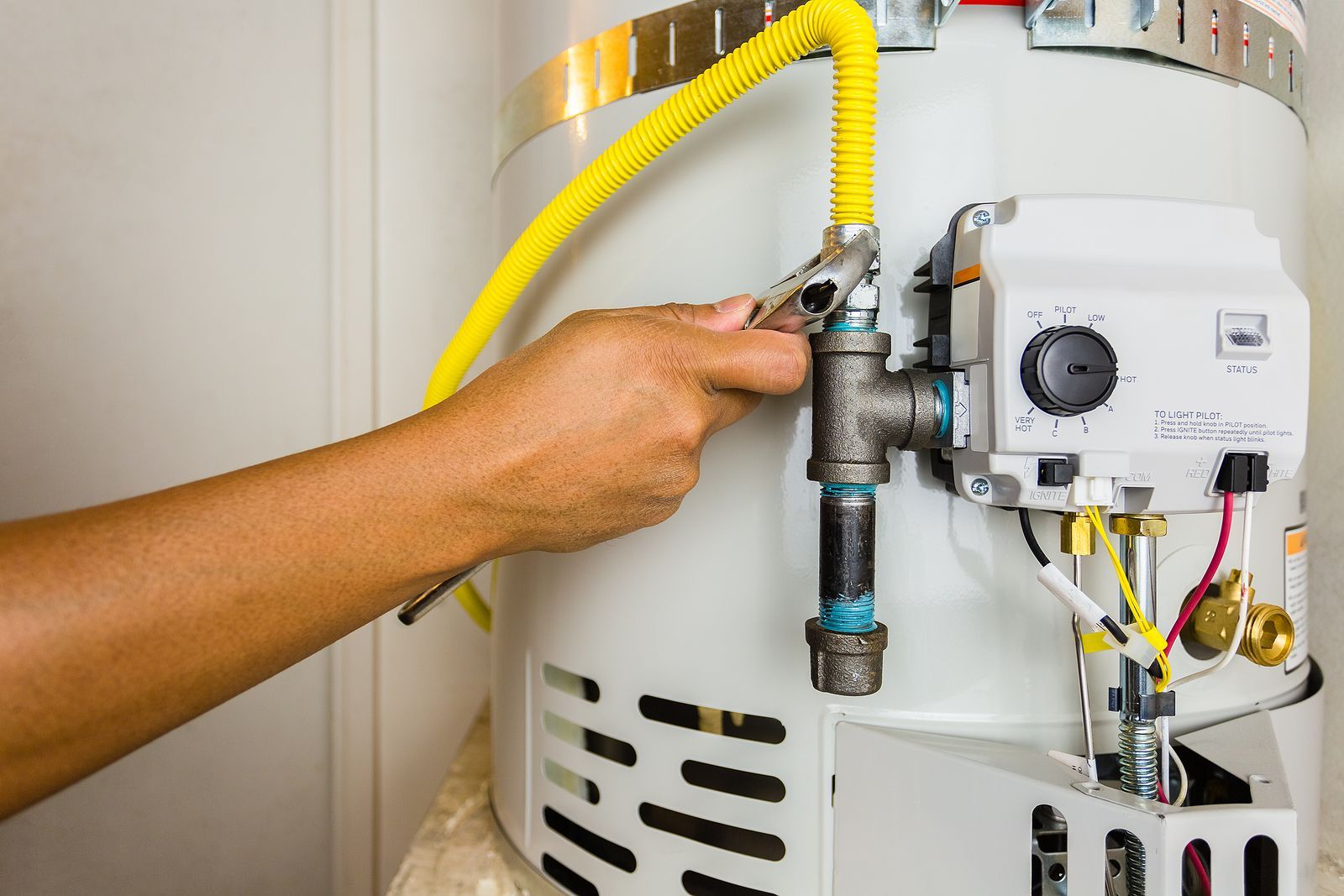Importance of Indoor Air Quality
Indoor air quality is an essential aspect of maintaining a healthy home environment
Poor indoor air quality can cause respiratory problems, allergies, and other health issues. In this blog post, we will explore the importance of indoor air quality, its impact on residential homes, and some tips for improving indoor air quality.
Indoor air quality refers to the quality of air inside a building or a residential home. Poor indoor air quality can have a significant impact on our health, leading to respiratory problems, allergies, and other health issues. In residential homes, poor indoor air quality can be caused by factors such as dust, mold, and pollutants from cleaning products and other chemicals.
Impact of Poor Indoor Air Quality
Poor indoor air quality can have a significant impact on residential homes. It can cause respiratory problems such as asthma and allergies, and it can also contribute to the growth of mold and mildew. The presence of pollutants in the air can also exacerbate existing health conditions, such as heart disease and diabetes.
Tips for Improving Indoor Air Quality in Residential Homes
Improving indoor air quality in residential homes can be achieved through several simple steps. Here are some tips for improving indoor air quality in residential homes:
- Keep the Home Clean: Regular cleaning of the home can help to remove dust and other pollutants from surfaces, reducing the likelihood of them being airborne.
- Use Natural Cleaning Products: Using natural cleaning products, such as vinegar and baking soda, can help to reduce the presence of harmful chemicals in the air.
- Proper Ventilation:
Proper ventilation is essential for maintaining good indoor air quality. Ensure that there is sufficient air circulation by opening windows, using exhaust fans, and keeping air filters clean.
- Control Moisture: Moisture in the air can contribute to the growth of mold and mildew, which can cause respiratory problems. To reduce moisture, fix any leaks and ensure that bathrooms and kitchens are well ventilated.
- Use Air Purifiers: Air purifiers can help to remove pollutants from the air, particularly in homes with pets or smokers.
Indoor air quality is an essential aspect of maintaining a healthy home environment. Poor indoor air quality can cause respiratory problems, allergies, and other health issues. By following the tips outlined in this blog post, homeowners can improve the quality of the air in their homes and promote a healthy living environment. Regular maintenance and attention to indoor air quality can help ensure the health and comfort of everyone in the home.




